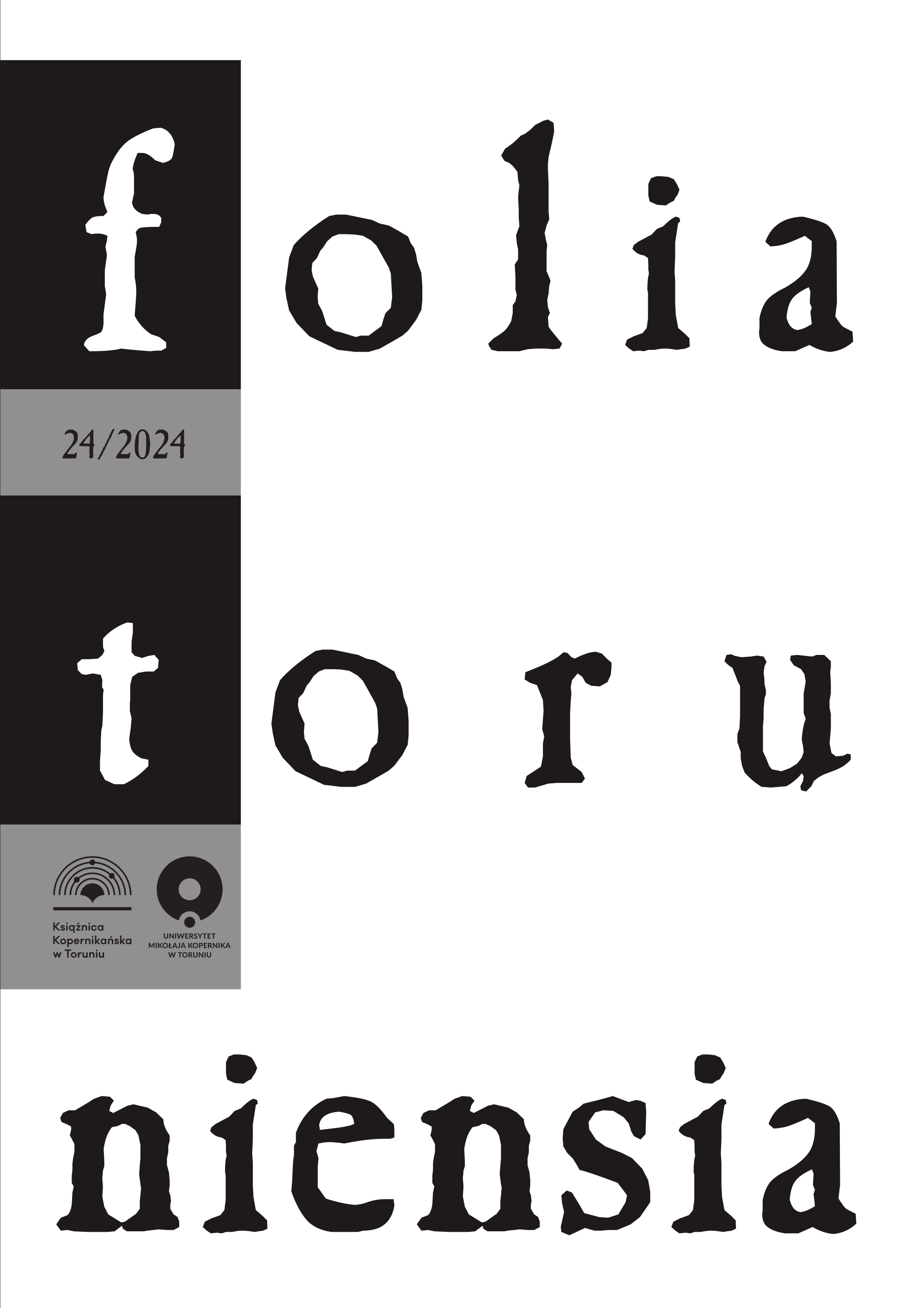Advocacy for Intelligent Libraries in the Era of Fifth Industrial Revolution
Advocacy for Intelligent Libraries in the Era of Fifth Industrial Revolution
Author(s): Yusuf Ayodeji Ajani, Bolaji David OladokunSubject(s): Library operations and management, Electronic information storage and retrieval, ICT Information and Communications Technologies
Published by: Wojewódzka Biblioteka Publiczna – Książnica Kopernikańska w Toruniu
Keywords: Intelligent Libraries; Innovation; Sustainable knowledge system; 5th Industrial Revolution;
Summary/Abstract: Aim: The onset of the 5th Industrial Revolution heralds a transformative era marked by extraordinary technological advancements, compelling libraries to reinvent themselves within a rapidly digitizing world. The study explores the evolving role of libraries, emphasizing the integration of smart technologies to enhance user experiences, streamline operations, and increase knowledge accessibility. It addresses critical ethical and privacy concerns, advocating for strategies that uphold inclusivity, transparency, and intellectual freedom.Methods: The study employed an interpretive content/document analysis methodology to thoroughly review and analyze literature sourced from diverse databases, including Scopus and Web of Science. This methodological choice aims for a comprehensive and well-rounded examination of the subject, incorporating a broad spectrum of perspectives and insights. The interpretive content/document analysis process involves a meticulous scrutiny and interpretation of textual materials, fostering a nuanced understanding of the investigated topic. The inclusion of literature from reputable databases like Scopus and Web of Science not only enhances the credibility and reliability of the findings but also ensures a robust exploration of the subject.Results: Key technologies such as AI, machine learning, data analytics, IoT, blockchain, AR/VR, and 5G are examined for their impact on library operations and user engagement. Challenges, including digital equity, ethical AI use, data security, interoperability, and financial constraints, are identified and analyzed.Conclusion: The study advocates by highlighting the necessity for libraries to evolve into dynamic, intelligent hubs that contribute to sustainable knowledge systems while maintaining their foundational principles.
Journal: Folia Toruniensia
- Issue Year: 24/2024
- Issue No: 1
- Page Range: 29-51
- Page Count: 23
- Language: English

